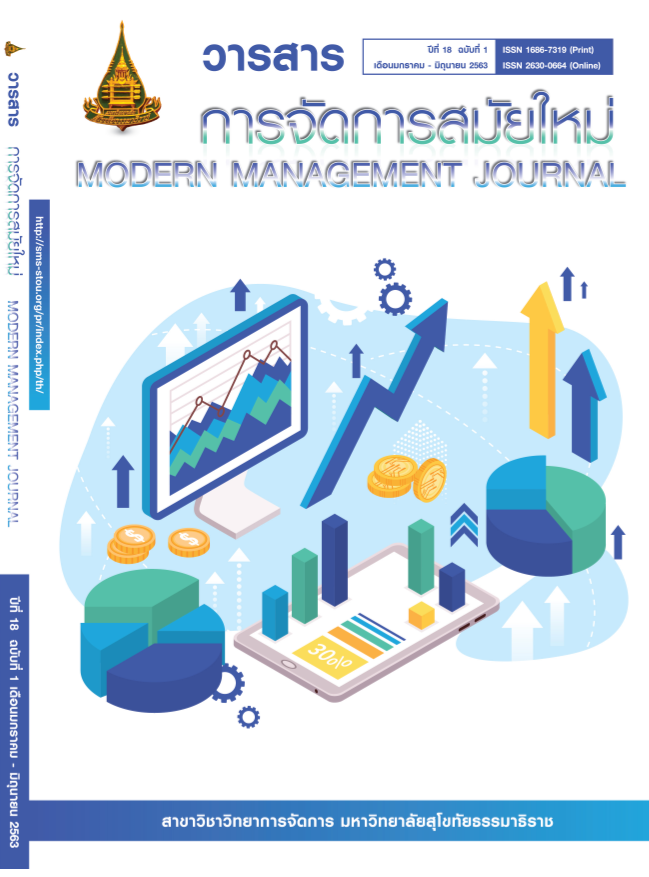PROTECTION OF BIODIVERSITY UNDER INTELLECTUAL PROPERTY SYSTEM FOR STRENGTHENING BIO-BASED ECONOMY
Keywords:
Bio-based economy, Biological diversity, Intellectual propertyAbstract
The research on the protection of biodiversity resources under the intellectual property law system for the promotion of biological base economy was derived from the fact that Thailand must face economic problems from the biodiversity resource base of the community regardless concerning the criteria for sharing benefits for the community which is a problem that Thailand is currently considering. According to the mentioned issues, the researcher was aimed to study from the literature review on the role of intellectual property protection in the aspects that would help promote the bio-based economy along with sustainable conservation or utilization of biodiversity resources and local wisdom. In addition, the researcher studied and analyzed the international law related to the promotion of bio-based economy, including legal measures and government policies of foreign countries namely India, Australia and Japan. Furthermore, the researcher collected field data from both in-depth interviews and focus group discussions, which found that Thailand needs a specific law covering the formulation and enforcement of appropriate laws for Helping the community to express the right to enter into agreements allowing access and receiving benefits from biodiversity and wisdom resources. With respect to the patent law in Thailand, the definition of “microorganisms” should be clearly defined and should specify the biodiversity information and local wisdom that will be applied in applying for a patent in the patent application. Besides, the government sector should encourage the development of databases related to intellectual property, biodiversity resources and local wisdom to be convenient for the public for the benefit of promoting a sustainable base economy.
References
Biodiversity-based Economy Development Office (Public Organization). (2010). Seminar summary report on the way of economic development from biological base. Bangkok, Thailand: Author.
Biodiversity Working Group. (2017). Australia’s strategy for nature 2018–2030 Australia’s Biodiversity Conservation Strategy and Action Inventory DRAFT. Retrieved from https://www.environment.gov.au/system/files/consultations/4601b513-c4dc-4bc1-808a-b8cfa0755b3b/files/strategy-nature-draft
Baxter, W., Grossman, N., & Wegner, N. (2017). A call to action: Thailand and the sustainable development goals, Bangkok, Thailand: Editions Didier Millet.
The Commission’s Directorate-General for Research and Innovation, European Commission. (2015). Bioeconomy in everyday life. Berlin, Germany: Author.
Oguamanam, C. (2018). Patents and traditional medicine: Digital capture, creative legal interventions, and the dialectics of knowledge transformation. Indiana Journal of Global Legal Studies, 15(2), 489-528. https://doi.org/10.1353/gls.0.0030
Ministry of the Environment, Japan. (2012). Overview of the National Biodiversity Strategy of Japan 2012-2020. Retrieved from https://www.env.go.jp/press/files/en/527
Edahiro J. (2008). Towards Biodiversity Conservation in Japan. Retrieved from https://www.japanfs.org/en/news/archives/news_id027854
Zainol, B. A., Amin, L., Akpoviri, F. & Ramli, R. (2013). Biopiracy and states’ sovereignty over their biological resources, African Journal of Biotechnology. 10(58). 12395-12408. https://doi.org/10.5897/AJB11.1059



